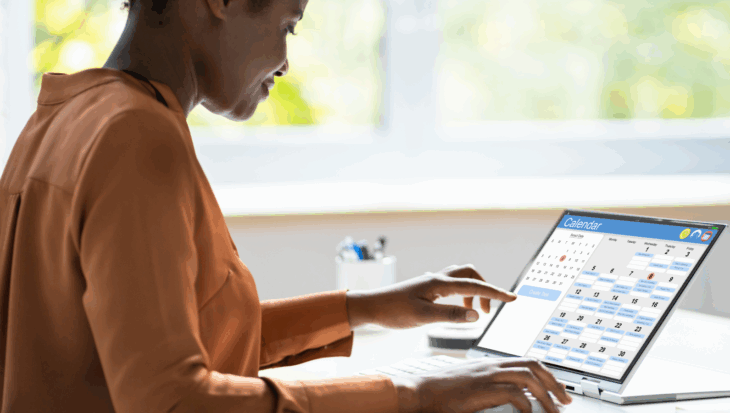Why writing in plain English matters for charities
A practical guide to using plain English to cut through the noise, reach more people, and make every word count.
Posted 23 June 2025

As part of our Headlining Mental Health programme, Media Trust arranged two days of free masterclasses during Mental Health Awareness Week 2021 to help mental health and wellbeing organisations make the most of social media to engage their audiences in new and compelling ways.
One of our inspirational keynote speakers was Seyi Akiwowo, founder of Glitch, a charity dedicated to making online spaces safer for everyone. In her keynote address, she introduced two important concepts, which are vital for everyone interacting online:
Glitch's Seyi Akiwowo's keynote address at Media Trust's Mental Health Awareness Week masterclass
Whether you are a young person navigating online spaces or a professional seeking to help someone else, the following questions can help us all to build a more positive relationship with the digital world.
If you are somebody who works with young people, ensure you’re a listening ear. Begin from an understanding that online spaces are not designed to be safe, and coach them from that starting point, without judgement. There are free resources on the Glitch website which can provide practical support, including how to document online abuse.
If you are a mental health charity interested in communications training, you can also apply to join the Headlining Mental Health programme
A practical guide to using plain English to cut through the noise, reach more people, and make every word count.
Posted 23 June 2025

How to make every minute of your limited schedule count.
Posted 23 June 2025

Top tips for sharing your volunteering experience loud and proud
Posted 4 June 2025
